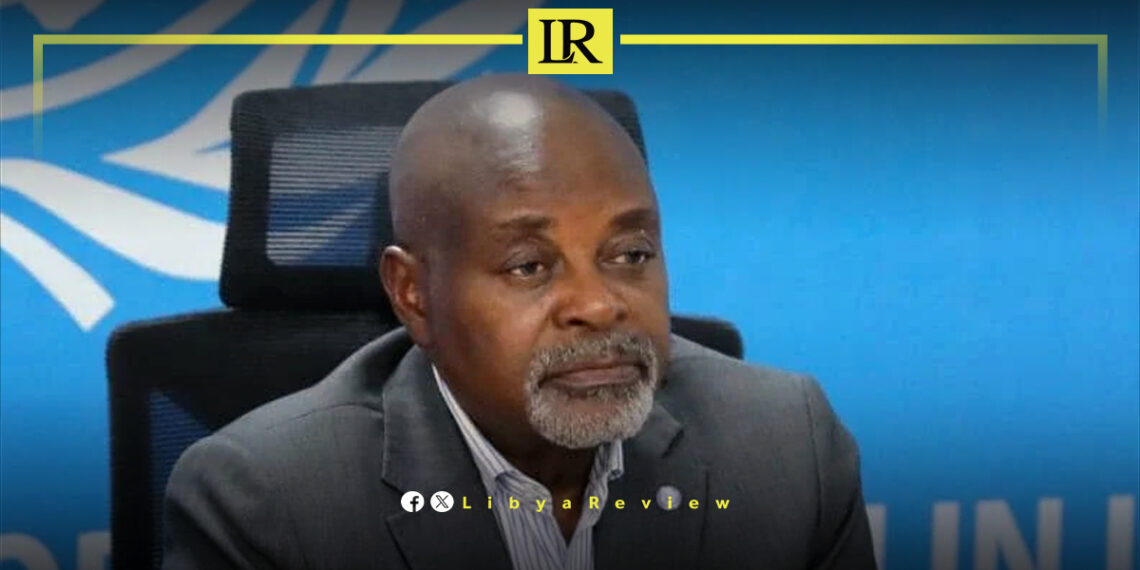Deputy Special Representative of the UN Secretary-General, Resident Coordinator, and Humanitarian Coordinator in Libya, Ines Tchouma, met with the Acting Interior Minister of the Government of National Unity, Imad Al-Trabelsi, to discuss the challenges and conditions facing migrants in Libya.
The UN mission stated that the meeting focused on the challenges Libya faces regarding the migration issue. Tchouma emphasized the importance of supporting the Libyan government and humanitarian organizations in managing migration in accordance with human rights principles and commitments.
Tchouma also expressed concern over the restrictions imposed on the activities of humanitarian organizations working with migrants and refugees. She called on the government to address these concerns through dialogue and to ensure that these organizations can continue their work safely and in accordance with Libyan law.
This discussion is part of ongoing efforts to handle the complexities of migration and the role of humanitarian aid within Libya, a critical point of transit and destination for migrants and refugees in the region.
Libya has been in chaos since a NATO-backed uprising toppled longtime leader Muammar Gaddafi in 2011. The county has for years been split between rival administrations.
Libya’s economy, heavily reliant on oil, has suffered due to the ongoing conflict. The instability has led to fluctuations in oil production and prices, impacting the global oil market and Libya’s economy.
The conflict has led to a significant humanitarian crisis in Libya, with thousands of people killed, and many more displaced. Migrants and refugees using Libya as a transit point to Europe have also faced dire conditions.
The planned elections for December 2021 were delayed due to disagreements over election laws and the eligibility of certain candidates. This delay has raised concerns about the feasibility of a peaceful political transition.
Despite the ceasefire, security remains a significant concern with sporadic fighting and the presence of mercenaries and foreign fighters. The unification of the military and the removal of foreign forces are crucial challenges.


